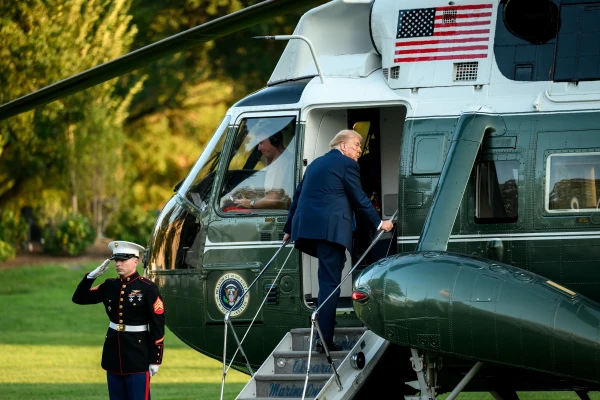
In an effort to compel Moscow to end the war in Ukraine, on October 22, U.S. President Donald Trump announced new extensive sanctions against the two largest Russian oil companies, Rosneft and Lukoil, writes Diena.
Similar sanctions against both companies have already been imposed by the United Kingdom.
The sanctions were established a day after Trump announced that his previously scheduled meeting with Russian dictator Vladimir Putin in Budapest has been postponed indefinitely. Following this announcement, the price of oil sharply increased - the cost of Brent crude oil rose by 3.5% to $64.53 (54.46 euros) per barrel.
Western economists and international analysts note that the new sanctions are absolutely correct and could have a significant impact on the Russian economy. Whether they will stop the bloody war in Ukraine is unknown. Sanctions against Rosneft and Lukoil have been imposed because these companies help finance the Kremlin's "war machine," noted U.S. Treasury Secretary Scott Bessen in his statement.
The sanctions imposed by the U.S. Treasury include freezing assets belonging to Rosneft and Lukoil in the United States. At the same time, American companies and individuals are prohibited from conducting transactions with them. The measures also include sanctions against dozens of subsidiaries of the two mentioned Russian oil giants. Furthermore, the U.S. threatens secondary sanctions against foreign financial institutions conducting transactions with Rosneft and Lukoil, including banks facilitating the sale of Russian oil to China, India, and Turkey.
Marshall Billingslea, a former U.S. Treasury official who oversaw the fight against terrorist financing, stated in an interview with The Guardian that the threat of pursuing banks doing business with both sanctioned companies is one of the most important measures announced, as it will directly complicate the import of Russian crude oil.
Kimberly Donovan, director of the Economic Statecraft Initiative at the Atlantic Council's GeoEconomics Center, also believes that the threat of secondary sanctions will be most effective for those foreign financial institutions that continue to cooperate with Rosneft and Lukoil. Donovan also noted that the U.S. Treasury has issued a general license that will allow transactions with both companies to be reduced but not halted until November 21. This is a sufficiently long period for countries that purchase large amounts of Russian oil, such as China and India, to decide whether they will stop importing Russian oil or face the threat of U.S. secondary sanctions.



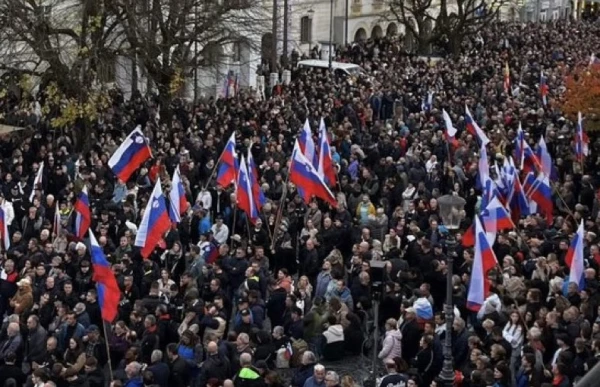
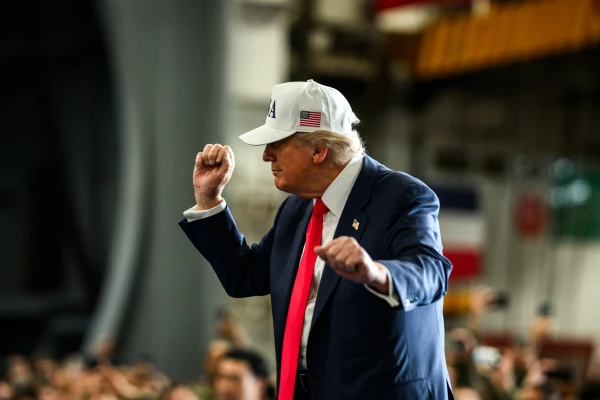
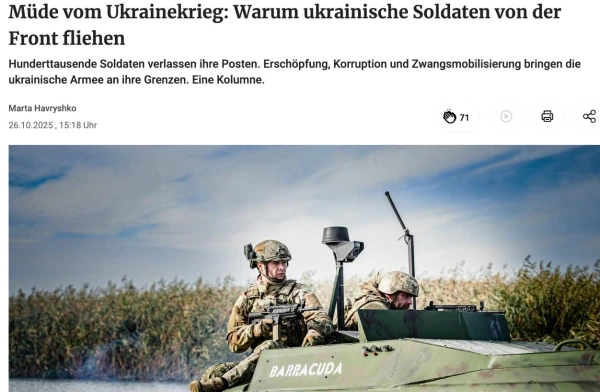
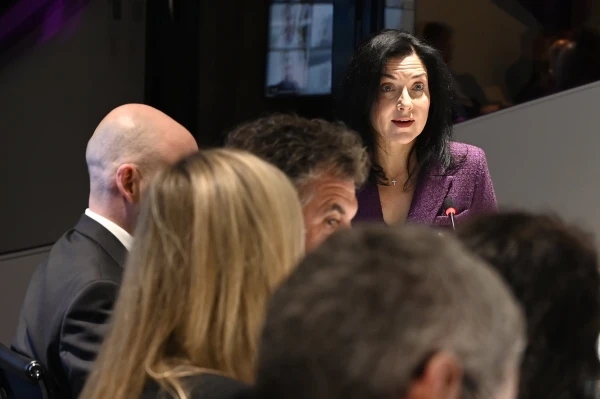

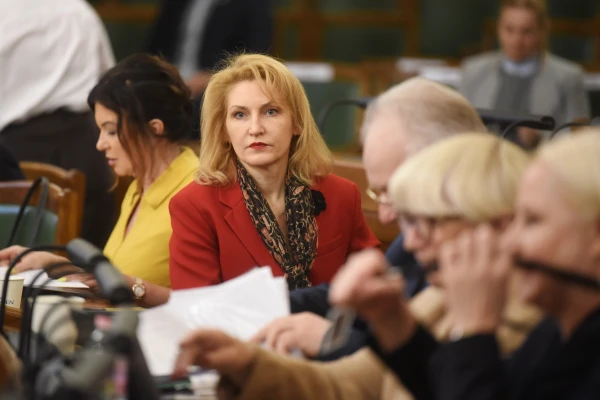
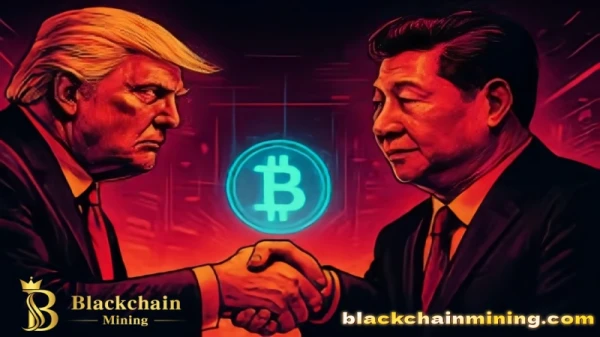
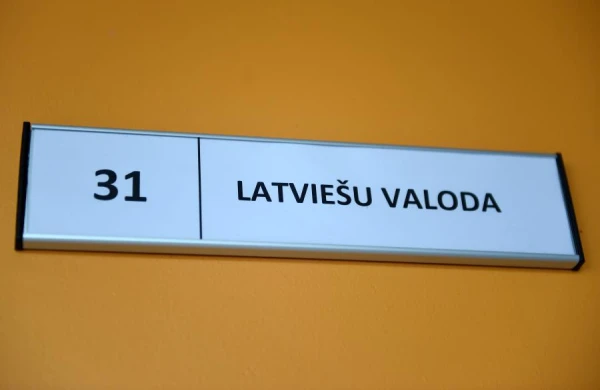



Leave a comment